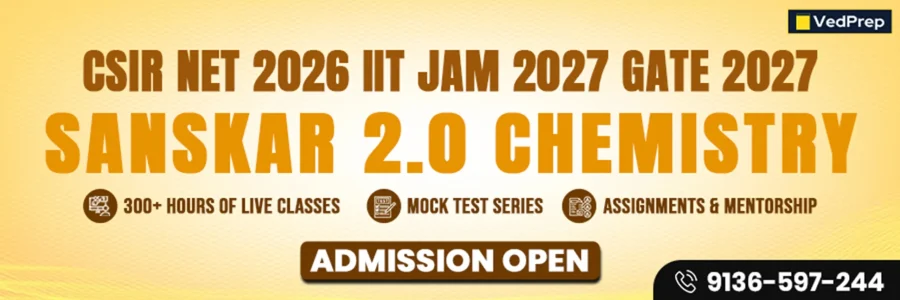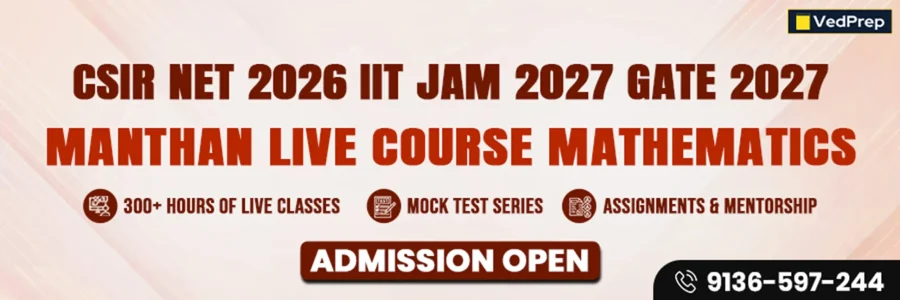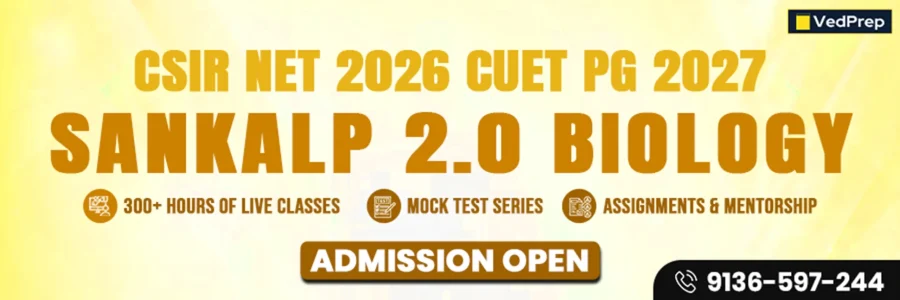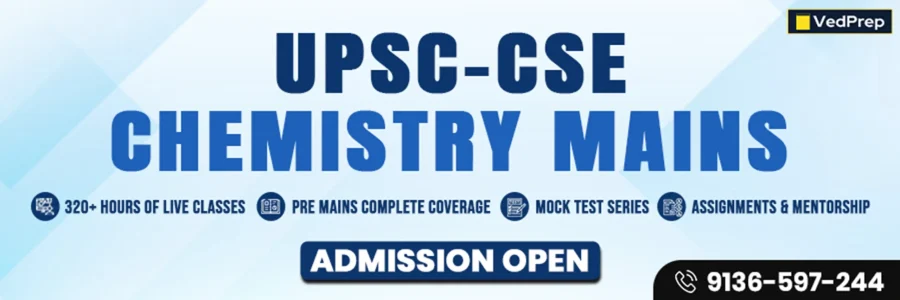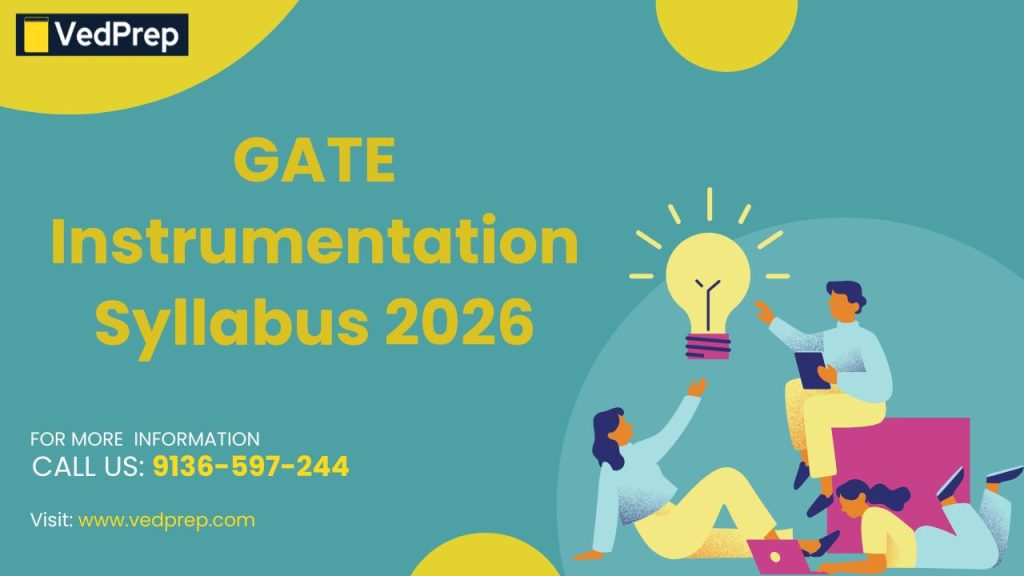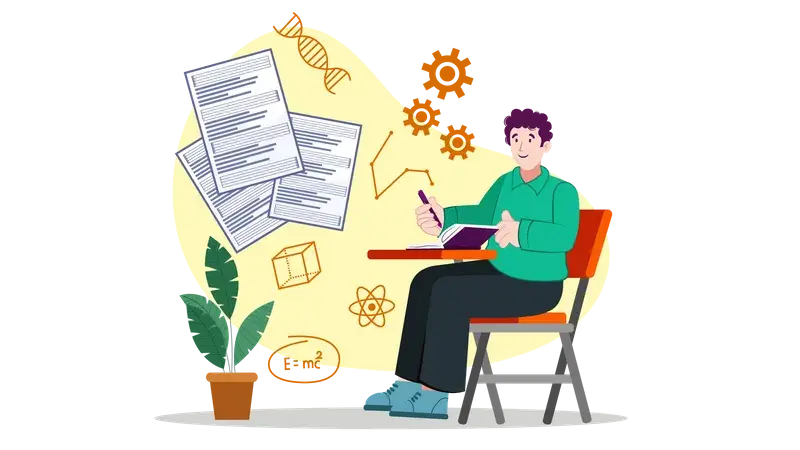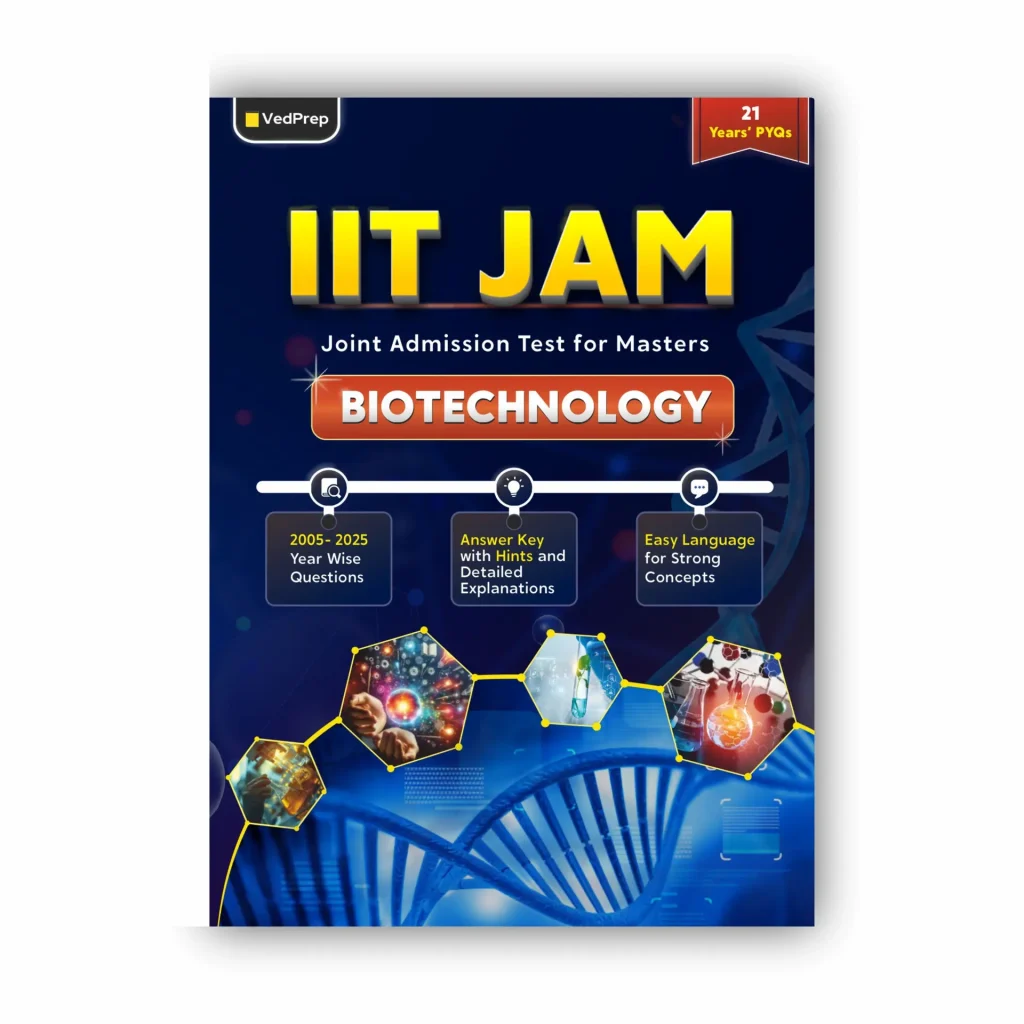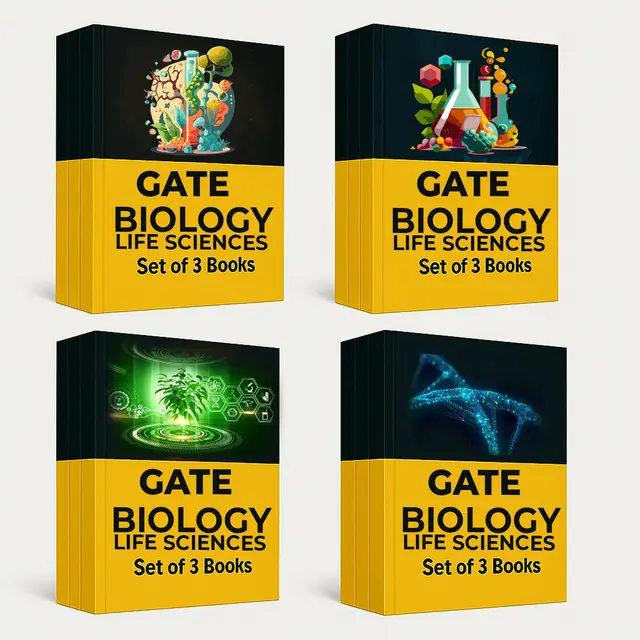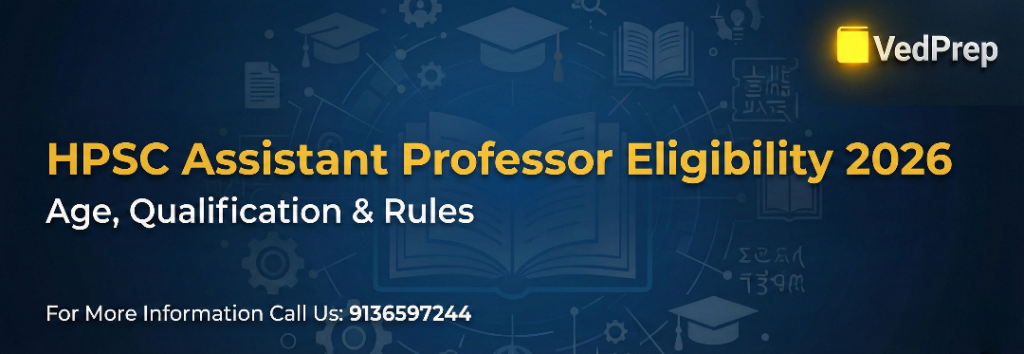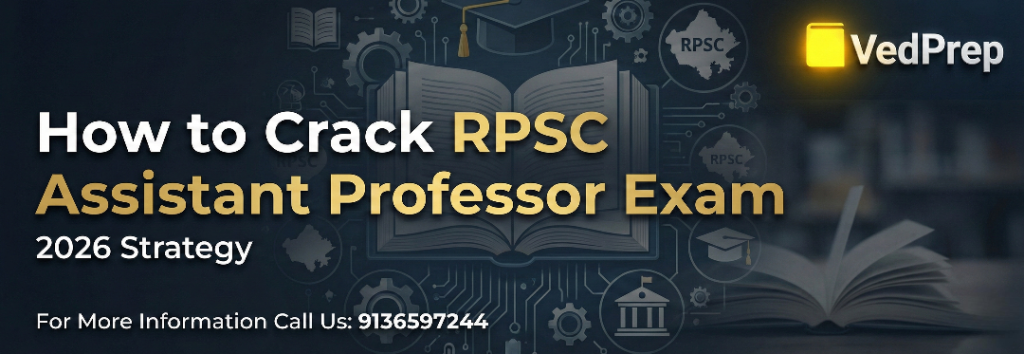GATE instrumentation syllabus 2026 will be released along with the GATE information brochure by IIT Guwahati soon. IIT Guwahati will conduct the GATE Instrumentation Exam 2026 for admission in B.Tech./ Phd programmes in IITs, IISc, NITs and other institutes. Candidates who wish to take admission to IITs, IISC, NITs and other institutes must apply for the GATE instrumentation Exam. Candidates must be familiar with the GATE instrumentation Syllabus 2026 before starting their preparation to qualify GATE instrumentation Exam 2026.
GATE instrumentation Syllabus 2026 will be uploaded here once released by IIT Guwahati officials, gate.iitg.ac.in, soon. Stay connected with us for more information regarding the GATE instrumentation syllabus 2026.
Also read Gate Exam
GATE Instrumentation Syllabus 2026
GATE instrumentation Exam 2026 will offer admission for M.Tech / PhD programmes in IITs, IISc, NITs and other institutes. GATE Instrumentation Exam 2026 is a national-level Exam; candidates are advised to prepare well. Candidates have to start their preparation earlier so that preparation can be completed in a given time period. Candidates must be aware of the GATE instrumentation Syllabus 2026, which will help to know the topics, pattern and strong strategy. The GATE Instrumentation Syllabus 2026 will boost the ranking and enhance the chances of success in the GATE Instrumentation Exam 2026.
GATE Instrumentation Exam Pattern The 2026
Gate exam pattern 2026 will help to know the paper, mode of exam, number of questions, sections and more for the GATE Instrumentation Syllabus2026 . The GATE instrumentation Exam pattern 2026 is given in the table below.
| GATE Instrumentation Exam Pattern 2026 | |
| Particulars | Details |
| Mode of Exam | Online |
| Number of Questions | 65 |
| Duration of Exam | 3 hours |
| Pattern of Questions |
|
| Marking Scheme |
|
| Number of Sections |
|
| Topic-wise weightage |
|
Also read GATE Exam pattern
GATE Instrumentation Syllabus 2026 For General Aptitude
General aptitude holds 15% of marks in the GATE instrumentation syllabus 2026, which examines candidates’ verbal and logical knowledge and the implementation of these in various fields in Engineering. The table for the General Aptitude of the GATE Instrumentation syllabus 2026 is given below
| GATE Instrumentation Syllabus 2026 For General Aptitude | |
| Topics | Syllabus |
| Verbal Aptitude |
|
| Quantitative Aptitude |
|
| Analytical Aptitude |
|
| Spatial Aptitude |
|
GATE Instrumentation Syllabus 2026 For Engineering Mathematics
Engineering mathematics contains major topics that are applied as basic knowledge in problem-solving. The table for Engineering Mathematics of the GATE Instrumentation Syllabus 2026 is given below.
| GATE Instrumentation Syllabus 2026 For Engineering Mathematics | |
| Sub-topics | Syllabus |
| Linear Algebra |
|
| Calculus |
|
| Differential Equations |
|
| Vector Analysis |
|
| Complex Analysis |
|
| Probability and Statistics |
|
Also read GATE PYQs
GATE Instrumentation Syllabus 2026 for Core Subjects
Core subjects cover the questions from the undergraduate level, and candidates who have the best subjective knowledge can qualify GATE instrumentation Exam 2026 easily. The detailed GATE Instrumentation Syllabus 2026 for Core Subjects is given in the table below.
| GATE Instrumentation Syllabus 2026 for Core Subjects | |
| Section | Syllabus |
| Electricity and Magnetism |
|
| Electrical Circuits and Machines | Voltage and Current Sources
V-I Relationships and Transient Analysis
AC Circuit Analysis
Network Theory
Transformers and Induction Motors
|
| Signals and Systems | Signals
Transforms
Linear Time-Invariant Systems
Convolution and Correlation
Discrete-Time Systems
|
| Control Systems | Design of Compensators
Control System Design Techniques
|
| Analogue Electronics | Applications of Op-Amps
Diode
Zener Diode
Bipolar Junction Transistor (BJT)
Operational Amplifiers (Op-Amps)
Metal-Oxide Semiconductor Field-Effect Transistor (MOSFET)
|
| Digital Electronics |
|
| Communication and Optical Instrumentation | Analogue Modulation and Demodulation
Digital Modulation Techniques
Optical Sources and Detectors
|
| Sensors and Industrial Instrumentation |
|
Also read GATE Books
GATE Instrumentation Syllabus 2026 PDF
Candidates can download the GATE Instrumentation Syllabus 2026 PDF easily given below in direct link.The GATE instrumentation Syllabus 2026 will boost ranking and enhance the chances of succeeding in GATE instrumentation Exam 2026.
GATE Instrumentation Syllabus 2026 PDF
GATE Instrumentation Syllabus 2026 Topic Wise Weightage
Based on the number of questions and marking the topic-wise weightage is provided here. Candidates can follow the given table to understand the important topics and will revise the whole GATE Instrumentation Syllabus 2026 and boost their preparation. The detailed GATE instrumentation Syllabus 2026 topic-wise weightage is given in the table below
| GATE Instrumentation Syllabus 2026 Topic Wise Weightage | ||
| GATE Syllabus Topics | Weightage | Number of Questions |
| General Aptitude | 15% | 10 |
| Engineering Mathematics | 11% | 7 |
| Network Theory | 4% | 3 |
| Digital Circuits | 8% | 5 |
| Signals and Systems | 8% | 5 |
| Control Systems | 6% | 4 |
| Measurements | 12% | 8 |
| Analog Circuits | 8% | 5 |
| Communication | 3% | 2 |
| Transducers | 8% | 5 |
| Optical Instrumentation | 5% | 3 |
| Process Control | 1% | 1 |
Also read GATE Cutoff
GATE Instrumentation Syllabus 2026 FAQs
Who is the organising institute of the GATE Instrumentation Exam 2026?
GATE instrumentation Exam 2026 will be organised by IIT Guwahati.
Total marks in the GATE instrumentation question paper?
GATE instrumentation question paper will be of 100 marks.
Which are the high-weightage topics in the GATE instrumentation syllabus 2026?
There are 4 main topics: engineering mathematics, measurements, digital circuits and analogue circuits, which hold 11%, 12%, and 8% weightage respectively in the GATE Instrumentation syllabus 2026.
When will the information brochure be released?
The information brochure will be released in the first week of September(tentative).
What is the GATE instrumentation Question pattern?
There are three types of questions in the GATE instrumentation Question pattern like MCQs, MSQs and NATs.

